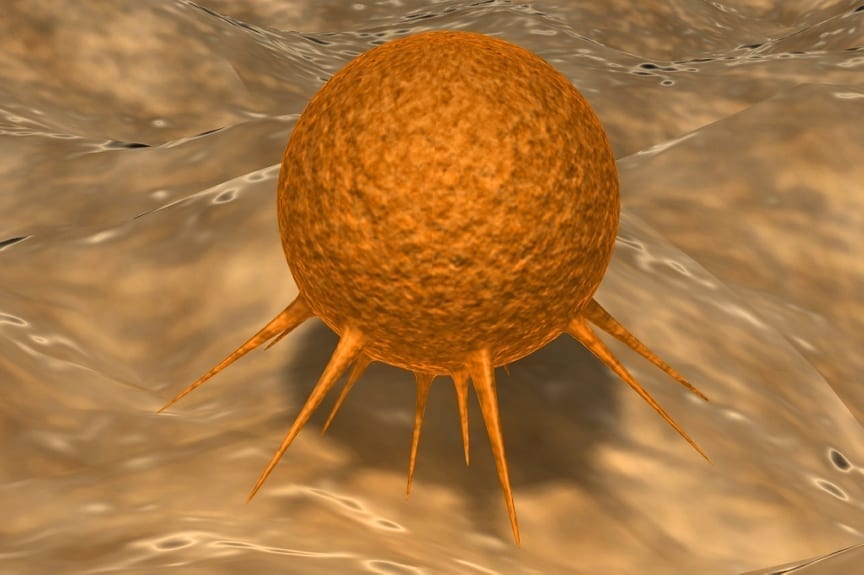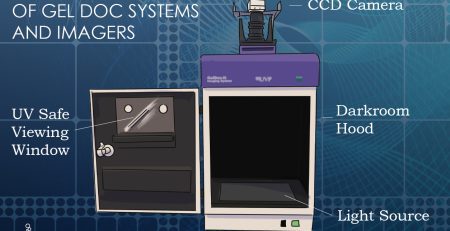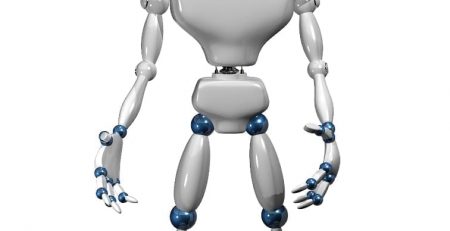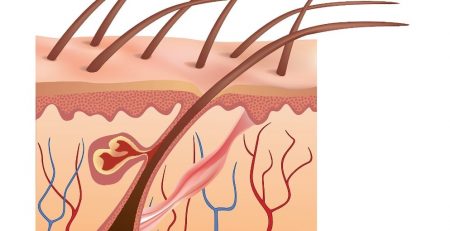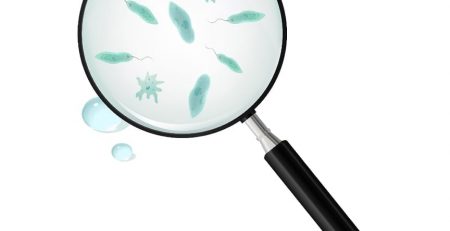Fox Chase Cancer Center Offers Clinical Testing to Blueprint Cancer Genes
Cutting edge clinical testing from the Fox Chase Cancer Center in Philadelphia, PA is now offering patients a unique blueprint of their cancer genes. Michael Seiden (PhD), preside and CEO of Fox Chase says “Gaining vision into the DNA of a particular tumor is the next step in changing the way treat and defeat cancer. We’re elated to be offering this innovative test at our Center and look forward to the ways it will enhance the care we provide our patients.”
With the introduction of this new technology, scientists at Fox Chase Cancer Center can now perform the CancerCode-45 test, which evaluates the genetic information in DNA of an individual’s tumor to find changes that are crucial to supporting their cancer. This genetic test will study multiple alterations in 45 cancer related genes and provide a report to the patient’s physician. Before the Cancer-Code-45 test was performed, individuals would need to see a Fox Chase physician to give them information about their medical history, background, current medications, and ability to perform daily activities. On top of that, the physician will need to take a sample of the tumor and blood (which can come from a previous surgery or biopsy that the patient might have had). Test results take about twenty working days per patient.
“Not every patient will benefit from this test, but for some it could very well change their entire course of treatment and significantly prolong their life,” says Jeff Boyd, PhD, executive director of the Cancer Genome Institute at Fox Chase. “At the very least, the results may help physicians decide how to treat their patients with advanced cancer – whether by suggesting they use a particular type of drug or not use a particular type of drug or by allowing them to take part in clinical trials of new medications guided by their tumor’s genetic profile.”
To learn more about this new clinical test, please call 1-888-FOX CHASE or (1-888-369-2427).
Source Article:
http://www.sciencedaily.com/releases/2013/01/130107082610.htm




